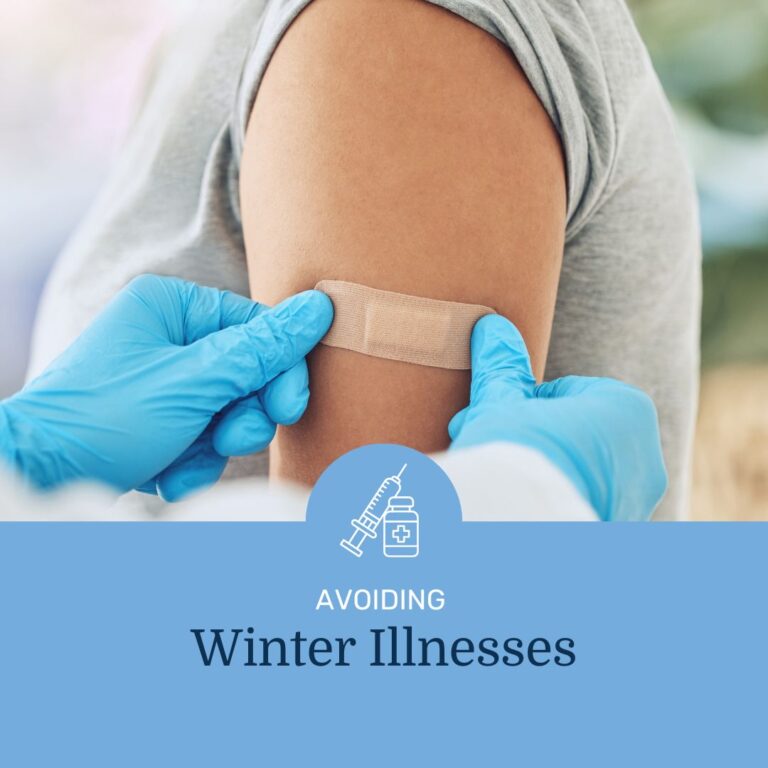Healthy For The Holidays
Avoiding Winter Illnesses
It’s important to stay knowledgeable on risks, preventive measures, and more. Staying up-to-date with your vaccines can help prevent you from getting down and out this season.

November 20, 2025
What are winter illnesses?
During colder months, illnesses like the flu, RSV, COVID-19, pneumonia, and others are common. These illnesses can impact your breathing and are more likely to affect people with chronic conditions. They are contagious and can be passed on to others. Symptoms can range from mild to severe. If you think you might have an illness, let your provider or Somatus care team know right away.
Who is at risk for winter illnesses?
- Adults ages 65 or older, pregnant women, young children.
- Residents of a nursing home or assisted living facility.
- People with weakened immune systems.
- People with health conditions such as diabetes, lung, heart, liver, or kidney disease.
- People who are obese.
Signs and symptoms of winter illnesses
Winter illnesses can start out like a “cold.” Some may experience runny nose, sneezing, and sore throat. Colds usually develop slowly, while winter illnesses can come on suddenly.
Common winter illness symptoms can include:
- Fever
- Headache
- Stuffy or runny nose
- Sore throat
- Dry cough
- Body aches
- Shortness of breath
- Eye pain
- Vomiting and diarrhea
- Chills and sweats
How do I treat winter illnesses?
Rest and drinking plenty of fluids are usually recommended to treat winter illnesses. In some cases, medications can be prescribed by your provider to help with symptoms. Getting vaccinated can help protect you from illnesses. But, the vaccine does not protect you 100%.
Here are some things to do to help decrease your chances of getting an illness:
- Wash your hands.
- Avoid touching your face.
- Cover your coughs and sneezes.
- Clean surfaces regularly.
- Avoid crowds or being around anyone who is sick.
Click here to download our printable version of these winter illness educational facts.
*These materials do not provide medical advice. The information contained in these materials is for educational purposes and is not intended to be a substitute for medical advice, diagnosis, or treatment. Always seek the advice of your healthcare provider with any questions you may have regarding a medical condition or treatment, and never disregard professional medical advice or delay seeking it because of something you read in these materials. If you are a Somatus member, call (855) 851-8354 to speak to your health support team. If you are not a Somatus member, please speak with your healthcare provider.
